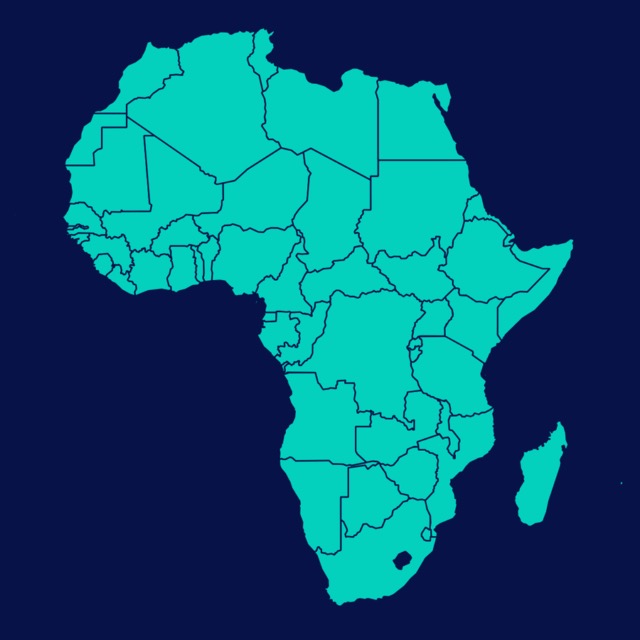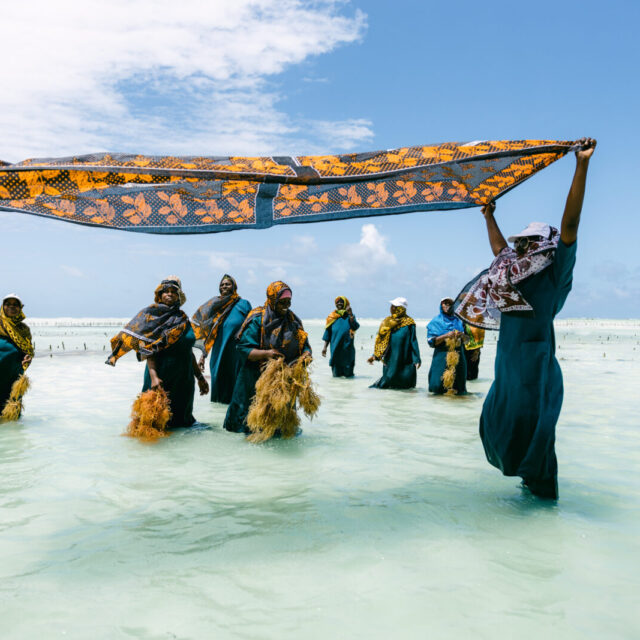What policy measures have African governments taken so far during the COVID-19 pandemic? How many ventilators, hospital beds, and intensive care units do countries currently have? What have the economic shocks from COVID-19 meant for food security and remittances?
While the virus itself has been slower to impact Africa than other parts of the world, the drastic declines in global trade and travel — combined with measures like quarantines — are significantly impacting economies and well-being across the continent.
To better understand COVID-19’s impact in Africa, we created the ONE Africa COVID-19 Tracker. It brings together the latest reliable data from global institutions, governments, and universities to explore the health, economic, and social impacts of the virus on African countries.
The tracker provides insights into how the African continent may be able to weather and recover from the crisis, and exposes resource gaps where other countries and international institutions can — and should — provide urgently needed support. COVID-19 is a global pandemic that demands a global response, and none of us are safe until all of us are safe.
Country deep dives
The tracker contains information for all 54 African countries, exploring key health, economic, demographic, social, and governance data.
We also dived deeper into five countries (with more coming soon): Ghana. Kenya, Nigeria, Senegal, and South Africa. Here’s a snapshot of each country:
In Ghana, the government was praised for its quick response to the pandemic, which included banning public gatherings and mandatory quarantines. The government also pledged to construct 94 hospitals in the districts without any hospital access — but there’s skepticism around funding for the plan and concerns about the country’s inadequate healthcare system.
In Kenya, COVID-19 has further disrupted farming and trade in a country already experiencing lower harvests and rising food prices as the result of flooding and a severe locust infestation. The Kenyan government is using direct distribution and cash transfers, and piloting an innovative programme to use horticulture warehouses to rejuvenate the food system.
In Nigeria, the drop in oil prices, a massive fall in remittances, and rising food prices are crippling the economy, which will be felt most painfully by the 87 million Nigerians already living in extreme poverty. It’s estimated that Nigeria’s GDP will fall 38% and 30 million additional people will fall below the poverty line during a 5-week lockdown period to contain the pandemic.The IMF approved US$3.4 billion in emergency funding to Nigeria, the largest tranche disbursed for any country so far to fight COVID-19.
In Senegal, the government has taken steps to prevent the spread of COVID-19, including a semi-quarantine, halted travel, closed borders, and limited access to high-traffic areas. But the result is an expected downturn in the economy: the country’s GDP growth is expected to drop from 6.8% to less than 3%.
In South Africa, which currently has the most cases on the continent, the government has had a strong response and rolled out a first-of-its-kind stimulus package for the jobless. But the country is already in a recession, and other systemic problems and governance concerns have arisen.



